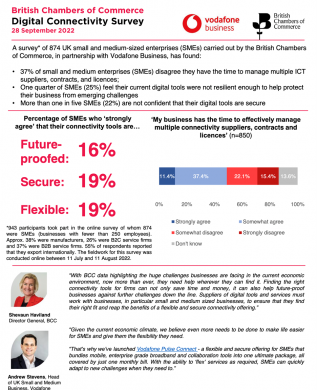If you want to trade foreign exchange (forex) then there’s a learning curve you have to climb, and part of that is getting to grips with the jargon used. You need to understand the basic terminology before you can make any trades. Here’s a list of some of the forex trading terms you will encounter.

Currency Symbols
All currencies have a three letter abbreviation. Here are some of the most common:
GBP = British pound
USD = US dollar
EUR = euro
CAD = Canadian dollar
JPY = Japanese yen
Currency Pair
If you want to make a forex trade you cannot just “buy dollars”, you need to buy a currency against another currency. A currency pair is the quotation of one currency unit against another currency unit – the exchange rate. Think of it as changing your pounds to dollars before going on holiday – you use your pounds (ie sell them) to buy euros.
For example, the British pound and the US dollar make up the currency pair GBP/USD.
The base currency is the one on the left, and the counter currency on the right. The price tells you how many of the counter currency the base currency is worth – for example, for GPB/USD it means, how many USD it will take to buy one GBP.
Bid and Ask
When you look at a quote for a forex pair you will see two prices, the BID and the ASK. BID means the price the broker will buy the base currency at, so it’s the price used if you were to sell the base currency; ASK is the price the broker will sell at, so it’s the price used if you buy the base currency.
Spread
The spread is the difference between the bid and ask prices. This is one of the ways the broker makes money. The larger the spread, the more a currency pair has to move before you can make a profit.
Spreads can be fixed or variable. Fixed spreads maintain the same spread and are not affected by market changes. Variable spreads fluctuate as the market liquidity changes.
Brokers will charge different spreads, so it pays to shop around before setting up an account – there’s a list of brokers on our Broker Listing page.
Pips
A pip is the smallest price change that a currency pair can undergo – it’s short for ‘percentage in point’. Most currency pair prices are given with 4 decimal points and changes will show in the last decimal point. For example, if the currency pair EUR/USD is at 1.1230 and it moves to 1.231, that’s a 1 pip movement. If it moves from 1.2550 to 1.1235, it’s moved 5 pips.
Forex traders talk about their gains and losses in pips: “I made 20 pips on a trade this morning,” or “EUR/USD has lost 10 pips in the last hour.”
Note: the exception to the four decimal place rule is the Japanese yen; pairs that include JPY will only show two decimal points, eg USD/JPY=109.55.
Lot
When you trade in a currency pair, you buy or sell a standard amount called a lot, which is 100,000 units of the base currency. You can also trade in a micro lot which is 1,000 units.
Leverage
Leverage is a way to trade large positions without needing to have the money in your account. In effect, the broker lends you money so you can trade more lots, then you pay back the loan from the profits on the trade.
Different brokers will offer different levels of leverage, for example 100:1, 200:1 or even 500:1. With leverage of 100:1 you can use £1,000 to trade £100,000.
Leverage means your buying power is increased and your gains are multiplied.
However, it also means your losses are multiplied and you can lose all your capital fast if a trade goes against you.
Margin
Margin is the amount of money you need to have in your account in order to open a trade. It takes into account the current market quote for the currency pair, the amount requested, and the leverage the broker has given you.
Margin Call
If a trade goes against you and you start to lose money, a margin call is a warning that your account is about to run out of the funds needed to keep your positions open. If you don’t supply additional funds then the broker will close out the positions.
Hedging
Hedging (literally, “hedging your bets”) means opening a new position in the opposite direction of an existing position – in order to limit the risk of the first position going sour. It’s like taking out an insurance policy. Hedging will reduce the overall profit you make but will reduce or mitigate your losses.
You can compare respected brokers on our Broker Listing page.

 Hot Features
Hot Features













